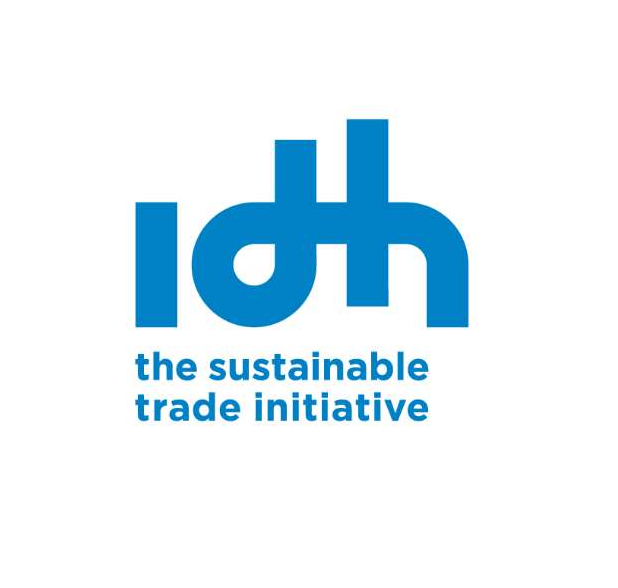Community / Land projects / GLA Uganda: Kalangala landscape
GLA Uganda: Kalangala landscape

€0
01/17 - 12/20
Concluído
This project is part of
Implementing Organisations
Donors
Data Providers
General
The GLA programme in Uganda focuses on the Kalangala landscape (especially on Bugala and Buvuma islands) because the forests in this landscape are seriously affected or under threat of degradation due to the introduction and expansion of oil palm plantations. Forest degradation in Kalangala is further exacerbated by collection of biomass fuel and logging for home use, construction and trade. Large oil palm plantations further lead to lake degradation due to erosion, water pollution due to use of fertilizers coupled with the disrespect for lake buffers, food scarcity due to commercialized mono-cropping of oil palm, alterations of ecosystem functioning and climate change impacts.
Objectives
The program will support the improvement of the ecosystem that is currently under threat. To ensure this, the GLA programme will build partnerships with the central government (NEMA, NFA, and MWE etc.), local government (in Kalangala landscape), and civil society to promote community rights and conservation of the landscape to protect International Public Goods (water provisioning, food security, climate resilience and biodiversity). The programme will also strengthen partnerships with the private sector so that they can participate in the conservation of the environment at the chosen landscape to ensure a win-win situation. In the end, the programme aims to achieve good community livelihoods and rich biodiversity to ensure conservation for generations. The programme has the following key result areas: - Expansion of oil palm plantations on both public and private land in Kalangala landscape stopped - Empowered communities are able to engage with the government and palm oil investors - Empowered, informed and supportive local and national government that appreciates oil palm safeguards on forests for improved community livelihoods -Women and other marginalized groups empowered to participate in oil palm expansion discussions.
Other
TBI’s main intervention strategy is to use research and capacity building for informed dialogue on complex and wicked problems in the multi-actor, multi-sector landscape of Kalangala. As knowledge broker TBI will work on bringing stakeholders together for informed dialogue, while at the same time we promote the use of validated knowledge in this dialogue. TBI will promote the use of the landscape approach, a central concept in the GLA program, dealing with the interaction between forests, trees, agriculture and external drivers for the Kalangala landscape. Within the Kalangala landscape, which consists of several islands in Lake Victoria, TBI will focus on the possible changes on Buvuma island due to large scale oil palm development that is planned by BIDCO, while gaining lessons from the foregone oil palm expansion on Bugala island. TBI will work on topics that are related to the (current and planned) oil palm expansion e.g. use of the landscape approach in changing landscapes, land grabbing process, land use planning process, impacts of the oil palm expansion on environment and livelihoods, benefit sharing, landscape governance, roles and power of the different actors, adaptation of land use and livelihoods and development of sustainable livelihood options. Building upon the GLA context analysis, TBI elaborated in more detail the actors involved and possible resource persons and organizations. TBI will organize a workshop with a wide group of stakeholders of the Kalangala landscape to jointly develop an agenda for research and informed dialogue. In addition, some short-term research will be carried out on topics that will provide essential information at this early stage of the GLA interventions.


